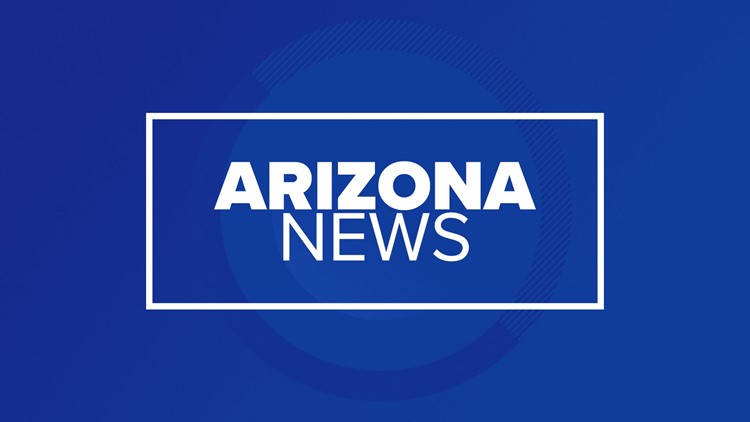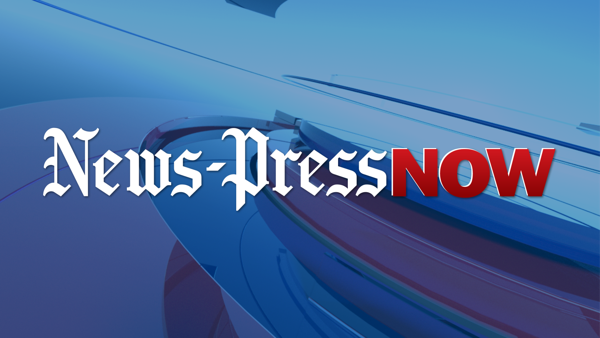
Pakistan’s government has come under fire from opposition parties and human rights advocates after proposing a controversial law that seeks to impose sweeping controls on social media. The Prevention of Electronic Crimes Act, introduced by Law Minister Azam Nazeer Tarar in the National Assembly on Wednesday, aims to create a regulatory agency with the power to block “unlawful and offensive content,” ban individuals or organizations, and prosecute those spreading disinformation. Key Provisions of the Proposed Law The legislation would establish a new Social Media Protection and Regulatory Authority, requiring social media platforms to register with the agency.
Non-compliance could lead to temporary or permanent bans on platforms. The law also criminalizes the spread of disinformation, with offenders facing up to three years in prison and fines of 2 million rupees (approximately USD 7,150). The agency would have the authority to immediately block content deemed unlawful, particularly posts targeting judges, the armed forces, parliament, or provincial assemblies.

Additionally, the law forbids uploading remarks from parliamentary debates that have been struck from the record. Opposition leaders have denounced the legislation as an attempt to suppress freedom of speech. Omar Ayub Khan, a leader of the opposition, warned that the bill could “lay a foundation for the suppression of voices advocating for constitutional rights.
” Human rights defenders and journalists’ unions have vowed to resist the bill. Afzal Butt, president of the Federal Union of Journalists, labeled it an attack on media, social media, and journalists, accusing the government of trying to stifle dissent and criticism. Social Media Controls in Pakistan The proposal comes nearly a year after Pakistan blocked the social media platform X (formerly Twitter) ahead of elections, which the opposition claims were rigged.
Although X remains blocked, many users access it through virtual private networks (VPNs), similar to other countries with strict internet regulations. Former Prime Minister Imran Khan’s party, the Pakistan Tehreek-e-Insaf (PTI), has heavily relied on social media to organize demonstrations and advocate for his release. Since Khan’s arrest in 2023 on graft charges, his supporters have frequently used platforms like X to demand his freedom.
The legislation reflects an ongoing trend of increasing censorship in Pakistan. Media outlets have reported state pressure to avoid mentioning Imran Khan’s name, with most television channels referring to him only as the “founder of the PTI.” Pakistani journalists and human rights activists argue that these measures undermine the press’s ability to report freely.
Critics say the proposed law is another step in the government’s effort to consolidate power and control public discourse. Government’s Defense The government has justified the proposed legislation as a necessary measure to curb the spread of disinformation. Officials argue that unchecked disinformation on social media platforms poses a threat to public order and national security.
If passed, the law could have far-reaching implications for free speech in Pakistan, further restricting the rights of citizens, journalists, and activists to express dissent or challenge authority. Despite widespread criticism, the government’s majority in parliament makes the bill’s passage highly likely, signaling a significant tightening of control over digital platforms in the country..











